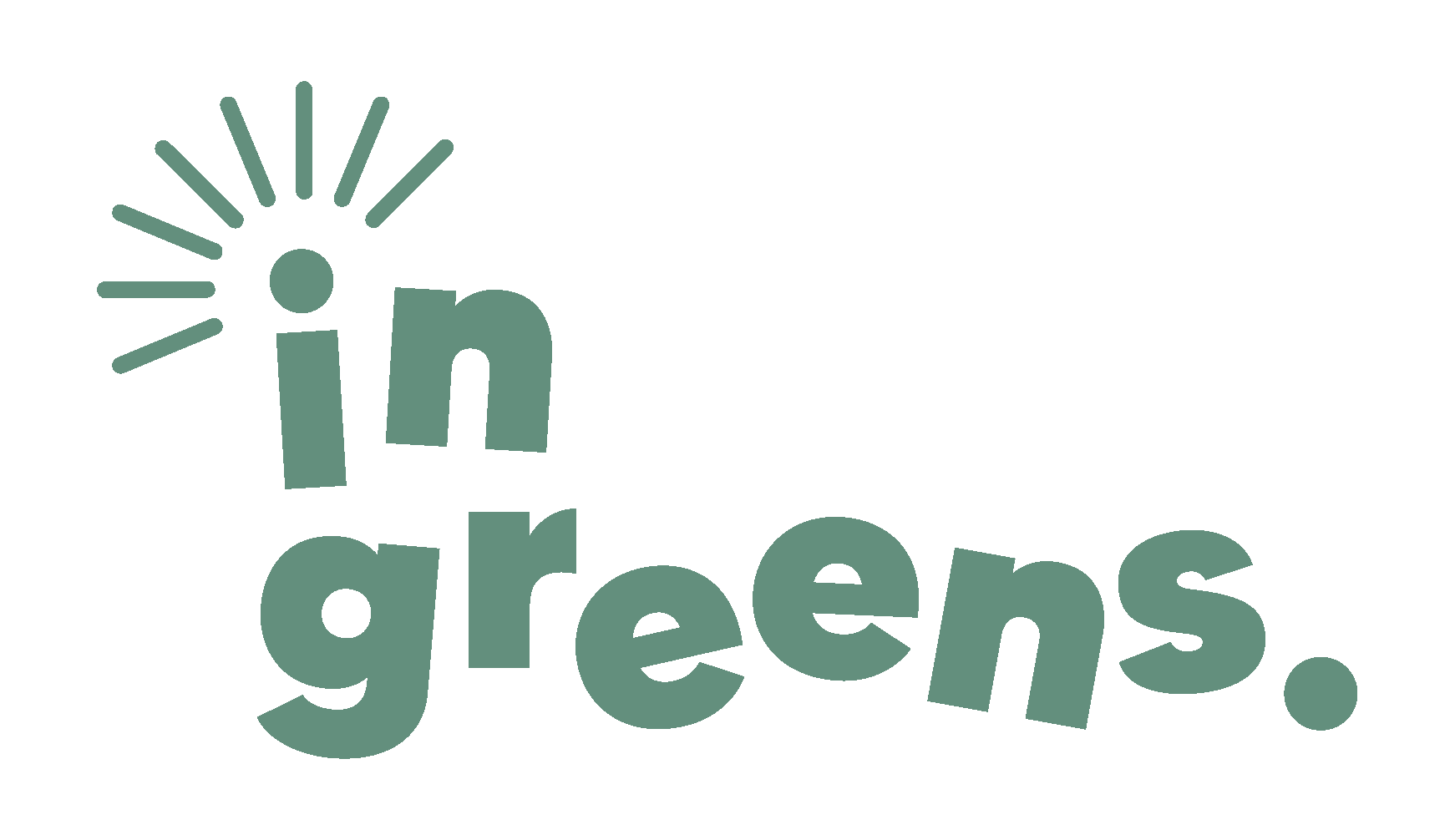This month is a chance to challenge yourself to live without plastic for 28-days.
For some, this is easier as they’ve already adjusted many aspects of their lives to living without plastic.
For others the prospect might seem daunting, even impossible. Which is why we’ve come up with a few simple tips and ideas for a successful Plastic Free February.
-
Buy bread from the bakery NOT supermarket (unless they offer loose). In Bristol we’re lucky and have a number of micro bakeries. Take your biggest food wrap or cotton/linen bread bag and ask to have your bread straight in the bag
-
Only buy fruit and veg produce loose. REFUSE all prepackaged. Try to visit green grocers who often have a better selection of loose produce. Either take your produce home in one bag or use cotton produce bags
-
Buy foods in jarred or tinned varieties that can be easily recycled or reused
-
Visit the deli counter with pots for olives etc. If you can’t find olives loose then buy jarred (can you tell olives are one of our staples?!) Deli counter also offer things like samosas, spring rolls, and many other snack type foods. This is the place to visit, in place of the pre-packaged aisles
-
Visit your local farmers market and stock up on loose produce and even loose biscuits and package free cakes
-
As sad as it sounds DON’T BUY HOMOUS! Instead make it yourself, it’s very easy and on the upside, you can control the amount of oil that you add. You’ll need to buy tahini for this! And it doesn’t stop there: all dips and olives and most snacks and READY MEALS are in plastic 99% of the time, which means if you’re participating in FFF and once relied on ready meals, you’ll probably find you’ll be doing a lot more cooking.
-
Unless you have a TIFFIN or anything tupperware like, then you can take this to your favourite take-away and get it filled up. Call ahead to make sure they don’t put in their boxes. While you’re there you might even spark an idea for them to incentives the use of BYO (it’ll save take-away shops money in the long run!)
-
Also, to add to the saddess of not buying pre-made homous, dips and ready meals etc, you can’t buy CRISPS or biscuits either. I did find this quite hard at first BUT there’s a silver lining, they’re not all that healthy and if like me, you really, REALLY miss them, (crisps mostly) you can make your own. I regularly soak, boil and roast chick peas in all sorts of spices and have started doing the same with cashews. I have yet to make my own crisps but google recipes as most things we eat today, was once a homemade snack
-
For those who eat dairy and meat, support local and take your own food wrap and tupperware pots and insist they go in here. I have heard people being denied this on meat counters in supermarket so mores the reason to #shoplocal
-
As a nation of tea drinkers, this switch should be easy as it actually tastes a lot better: ditch tea bags and go loose. These days, loose tea is easy to come by again, after being overshadowed by the plastic ridden tea bag:( I have found a number of online tea supplier and will be adding to our own range here in the coming weeks. Invest in a good tea infuser too (also coming!)
-
Assess you bathroom and beauty habits: Can you switch to a bat of soap instead of plastic dispenser or can you refill yours locally? Can you switch to a bar of shampoo or make your own? Toothpaste and toothbrushes are super difficult to impossible to recycle, which means they’ll largely end up with landfill (boo) or worse in many cases, as pollution scattering our land and sea scapes and in the oceans themselves. Switching to bamboo toothbrushes means there’s a LOT less plastic involved in your oral regime. Toothpaste can include micro-beads too, another reason to switch today. We stock an artisan range of toothpastes by Truthpaste and Georganics.
-
Who Gives a Crap toilet paper is another good swap: it’s plastic free, recycled and 50% of the profits go to WaterAid. I have heard people criticize WGAC as it’s made in China, but SOOOO many things we use are made in China. The way I see it supporting local means supporting local artisans and businesses who bring something unique to the table. Generic things like toilet paper isn’t artisan and isn’t unique, it’s a necessity. It’s all about balance, and they give 50% of their profits to an amazing cause which for me offsets any qualms I might be inclined to have.
-
Finally, one of the most important things is to get organised. Be ready with extra bags and boxes and jars that mean you’ll never be caught short. Then try to explore your bulk options in your local area, you might be surprised that there is one. If not, try the PLASTIC FREE PANTRY who will deliver food to your door without any plastic packaging at all!

